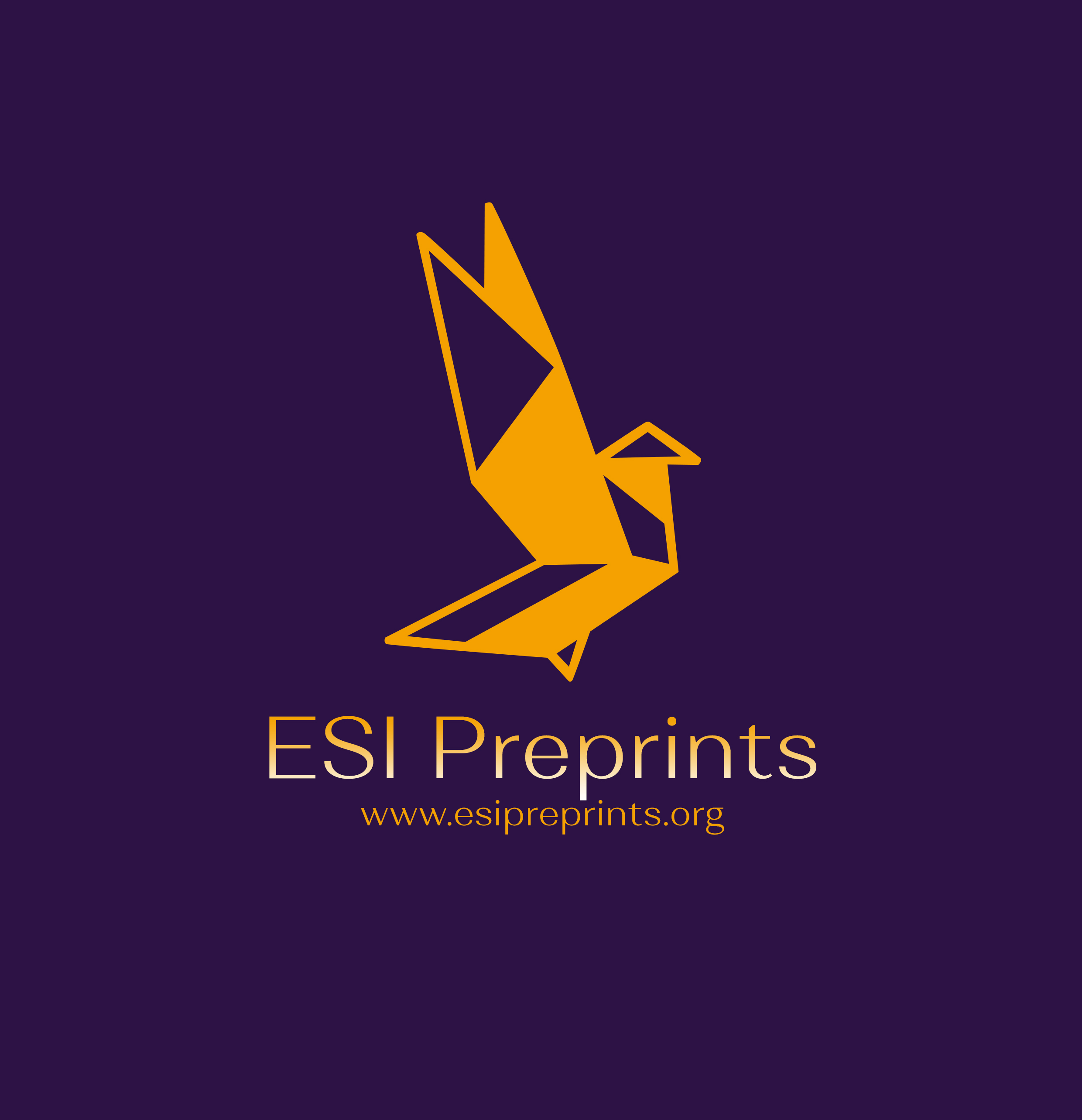Depicting Teachers’ Views on Global Competence Training
Abstract
This study refers to the scientific field of global education and competence and comes to investigate teachers' views on global competence training. This survey was conducted in June 2022, whereas the quantitative methodology was followed for the collection of the data. A random sampling technique was used, and the sample consisted of 350 teachers who worked in primary and secondary school units in the region of Western Greece during 2021-2022. Research findings show that teachers recognize the necessity and importance of training on global competence and most of them have attended one or more courses mostly during their undergraduate or postgraduate studies or during their participation in training programs. They also regard University as the most appropriate training actor, and they are in favor of optional training programs of mixed type and of monthly duration. Regarding training topics, they proposed interculturalism, diversity, current events, religion, history, immigrants, environment, geography, human rights and culture. Finally, participants’ aspects do not seem to be affected by variables such as gender and years of service. On the contrary, level of education and ICT knowledge, additional studies, and employment relationship seem to affect the answers of the participants.
Downloads
References
2. Bryman, A. (2012). Social Research Methods. Oxford: Oxford University Press.
3. Bryman, A. (2017). Methods of Social Research. Athens: Gutenberg.
4. Büker, G. & Schell-Straub, S. (2017). Global how? – Linking practice to theory: A competency model for training global learning facilitators. International Journal of Development Education and Global Learning, 9 (2), 71–83. https://doi.org/10.18546/IJDEGL.09.2.02
5. Cohen, L., Manion, L., & Morrison, K. (2008). Methodology of Educational Research. Αθήνα: Μεταίχμιο.
6. Deardorff, D.K. (2011). Assessing intercultural competence. New Directions for Institutional Research, (149), 65–79. https://doi.org/10.1002/ir.381
7. Delors, J., Al Mufti, I., Amagi, I., Carneiro, R., Chung, F., Geremek, B., Gorham, W., Kornhauser, A., Manley, M., Padrón Quero, M., Savane, M.-A., Singh, K., Stavenhagen, R., Won Suhr, M., & Nanzhao, Z. (1996). Learning: The treasure within. Report to UNESCO of the International Commission on Education for the Twenty-first century. UNESCO Publishing. Retrieved at http://unesdoc.unesco.org/images/0010/001095/109590eo.pdf
8. Dunn, T.K. (2004). Engaging prospective teachers in critical reflection: Facilitating a Disposition to Teach Mathematics for Diversity. In A.J. Rotriguez and R.S. Kitchen (Eds). Preparing Mathematics and Science Teachers for Diverse Classrooms: Promising Strategies for Transformative Pedagogy (pp. 143–158). New York: Lawrence Erlbaum.
9. Fantini, A. (2009). Assessing intercultural competence: Issues and Tools. In D.K. Deardorff (Ed). The SAGE Handbook of Intercultural Competence (pp. 456–476). Los Angeles, USA: SAGE.
10. Karanikola, Z. (2022). Teachers’ perceptions on global competence. Investigating its basic dimensions. International Journal of Scientific Research and Management, 10(7), 1174-1189, 2321-3418. https://doi.org/10.18535/ijsrm/v10i7.sh01
11. Karanikola, Z., Katsiouli, G., & Palaiologou, N. (2022). Teachers’ global needs in multicultural settings. Education Sciences, 12(280), 1-11, MDPI, https://doi.org/10.3390/edusci12040280.
12. Kerkhoff, S.N., & Cloud, M.E. (2020). Equipping teachers with globally competent practices: A mixed methods study on integrating global competence and teacher education. International Journal of Educational Research, 103, 101629. https://doi.org/10.1016/j.ijer.2020.101629.
13. OECD. (2018). Teaching for Global Competence in a Rapidly Changing World. https://www.oecd-ilibrary.org/education/teaching-for-global-competence-in-a-rapidly-changingworld_9789264289024-en
14. Panagiotopoulos, G., Daramara E., & Karanikola, Z. (2019). Teachers' training needs in inter-school violence handling. International Journal of Education, Learning and Development, 7(9), 53-62.
15. Parmigiani, D., Jones, S.L., Kunnari, I., & Nicchia, E. (2022) Global competence and teacher education programmes. A European perspective. Cogent Education, 9(1), 2022996. https://doi 10.1080/2331186X.2021.2022996
16. Tiven, M. B., Fuchs, E. R., Bazari, A., & Wilhelm, M. (2022). Successfully Educating Tomorrow’s Global Citizens: Teaching and Evaluating Global Competency in e-Classrooms. New York, NY: Bloomberg Philanthropies and OECD.
17. UNESCO. (2018a). Progress on Education for Sustainable Development and Global Citizenship Education. Findings of the 6th Consultation on the implementation of the 1974 Recommendation concerning Education for International Understanding, Co-operation and Peace, and Education relation to Human Rights and Fundamental Freedoms (2012–2016). Paris, UNESCO. Retrieved at https://unesdoc.unesco.org/ark:/48223/ pf0000266176.
18. UNESCO. (2018b). Issues and trends in Education for Sustainable Development. Paris: UNESCO. Retrieved at https:// unesdoc.unesco.org/ark:/48223/pf0000261445_eng.
19. UNESCO. (2021). Teachers have their say. Motivation, skills and opportunities to teach education for sustainable development and global citizenship. Retrieved at https://unesdoc.unesco.org/ark:/48223/pf0000379914
20. United Nations. (2015). Transforming our world: the 2030 Agenda for Sustainable Development. Retrieved at https://sustainabledevelopment.un.org/post2015/
21. Yang Liua, Yue Yinb, & Ruilin Wuk (2020). Measuring graduate students’ global competence: Instrument development and an empirical study with a Chinese sample. Studies in Educational Evaluation, 67(2), 100915. https://doi.org/10.1016/j.stueduc.2020.100915
Copyright (c) 2022 Zoe Karanikola

This work is licensed under a Creative Commons Attribution-NonCommercial-NoDerivatives 4.0 International License.








